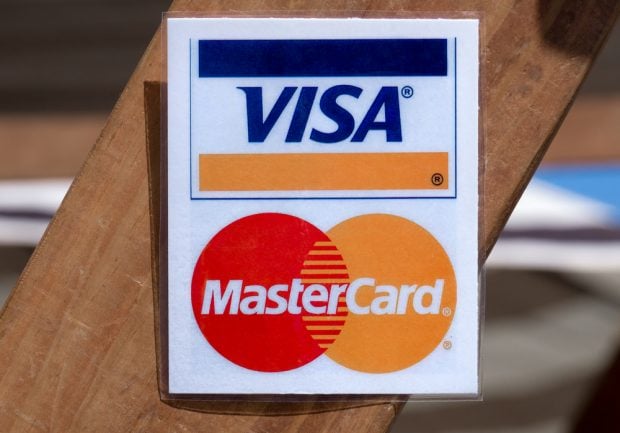OMAHA, Neb. – In a pitch for new members and checking business, Metro Health Services Federal Credit Union has joined two of its major health SEGS in introducing encoded smart cards acceptable at ATMs which double as a debit and ID/security vehicle in a University of Nebraska hospital complex here. The card venture, which has been in the works for six years, is believed the first of its kind launched by a CU with health SEGs and follows some unsuccessful bank-run uni-card experiments tested eight years ago on college campuses. The new picture ID "UneCard" processed by the $101 million Metro Health was debuted two weeks ago with doctors, nurses and other health service employees at the University of Nebraska Medical Center and Nebraska Health Systems, a health care provider. The magnetically encoded "UNeCard" can be used as a debit vehicle in Metro ATMs or in cafeterias, gift shops, bookstores etc. on the UofN campus to make purchases or get cash. Elaine Mausbach, Metro Health president, said she is enthused about the early success of the program, considering 700 SEG employees signed up for the new cards and of these "I think we may have nearly couple hundred new members." Moreover, the cards, she said, appear to be a way of "cementing relationships and bringing them to a higher level with both new and existing members" in several areas including checking. Michael McDermott, executive vice president, said the card project, the topic of an industry conference attended by Metro execs six years ago, has taken this long to implement because of design hangups over the ID numbering system relating to state accreditation and security concerns raised by university officials. Those problems were resolved recently, said McDermott, noting that now Metro Health has a chance to target the potential 10,000 employees in the two SEGS. Metro Health currently has 5,000 members and "now we expect to be signing up 75 new members a month," forecast McDermott. Metro within two years, he said, is looking "to sign up 2,500″ from the 10,000 base to offer checking and other services. Many of these employees may have been using a bank as their primary financial institution From a technical standpoint, the "UneCards" are processed through the Nebraska Electronic Transfer System, of which Metro Health is a member with the encoding handled by MagTek Inc. of Carson, Calif. MagTek said Metro Health is using its "Intellicat" integrated Pin product adapted for CU application. Mausbach, the Metro Health president, said "we're certainly the first in Nebraska to use this kind of card in the health care area" after hearing about similar experiments at colleges years ago. One such venture with student IDs tried at Stanford University by Wells Fargo Bank was abandoned in 1996 after the San Francisco bank found it unprofitable. And more recently Purdue University in W. Lafayette, Ind. after first soliciting bids from banks and credit unions on an ID venture halted implementation for unexplained reasons. Bank One turned out as the successful bidder but balked at running an "open" system which other banks or CUs could gain access, sources said.
Complete your profile to continue reading and get FREE access to CUTimes.com, part of your ALM digital membership.
Your access to unlimited CUTimes.com content isn’t changing.
Once you are an ALM digital member, you’ll receive:
- Critical CUTimes.com information including comprehensive product and service provider listings via the Marketplace Directory, CU Careers, resources from industry leaders, webcasts, and breaking news, analysis and more with our informative Newsletters.
- Exclusive discounts on ALM and CU Times events.
- Access to other award-winning ALM websites including Law.com and GlobeSt.com.
Already have an account? Sign In
© 2024 ALM Global, LLC, All Rights Reserved. Request academic re-use from www.copyright.com. All other uses, submit a request to [email protected]. For more information visit Asset & Logo Licensing.









